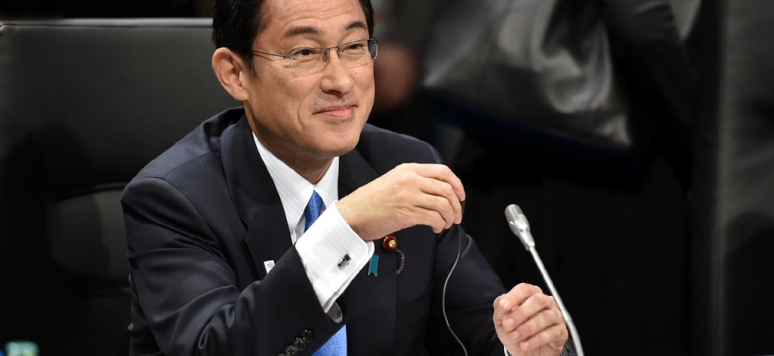Articles hors Ifri - Mitigating Geopolitical Risk – Japan as a Stabilizer in Asia Japan Spotlight, No.247, January / February 2023

In the current tumultuous geopolitical setting, Tokyo may have a very specific, stabilizing role to play.
Japan indeed has, at the same time, very close ties to the United States, due to its long-term alliance, and very tight economic ties with China, due to geographical closeness and a long history of economic and trade relations. As the US-China rivalry becomes more severe, degrading from a trade war to an ideological confrontation and tensions in the Taiwan Strait, Tokyo has to find a way to protect both its security and economic interests.
Tokyo has no choice but to remain pegged to the American camp, while striving to maintain stable and functional relations with Beijing. It must constantly navigate between cooperation and competition in an attempt to preserve its interests. Therefore, Japan is striving to define the conditions for a secured cooperation with its neighbor and to set up, in close coordination with Washington and its other strategic partners, a strict framework of engagement with Beijing. It relies on a heightened deterrence posture in the East China Sea, a counterbalancing policy that also touches geoeconomics, and the implementation of an economic security strategy aimed at protecting technologies and critical sectors, to ensure better resilience of its value chains but also to become an essential center of innovation.
Japan has thus deployed a number of tools to support a positive regional and international order, and to reinforce deterrence against China through closer security ties with the US and other key partners. At the same time, it has tried to mitigate the great power competition and build bridges between like-minded partners such as Europeans and Americans. Finally, it has tried to set up a modus vivendi to continue to trade with China under more secure conditions by establishing a pioneer economic security strategy.
> Read the whole article on the website of Japan Spotlight [1]
